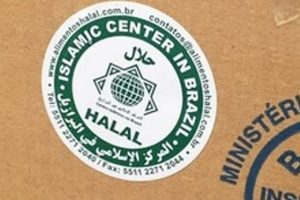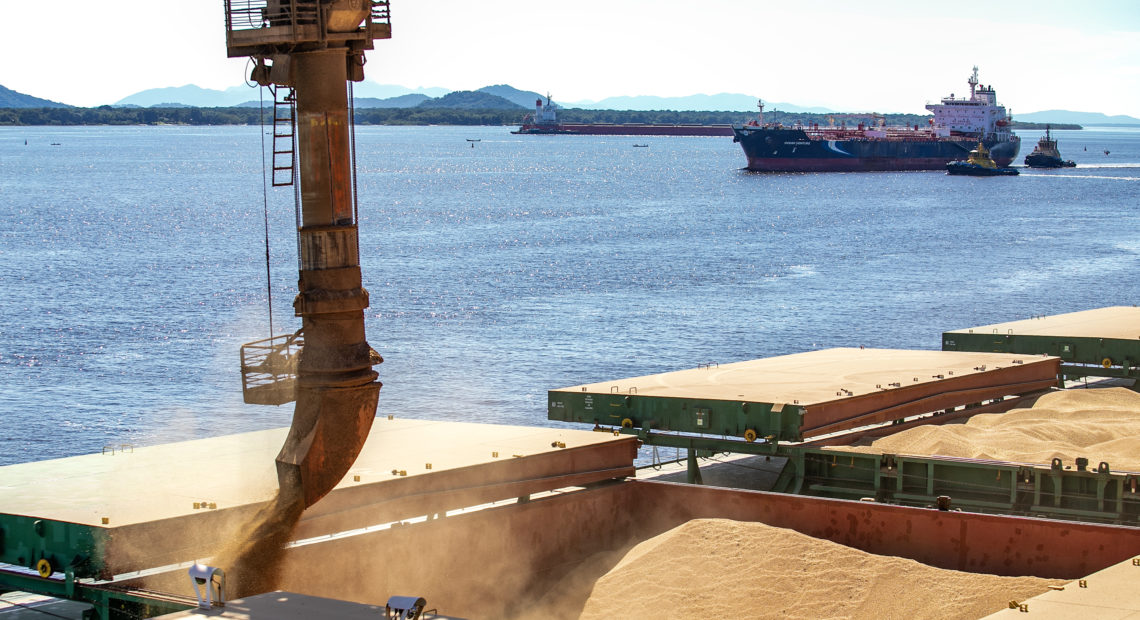Poultry World
 Between January and August 2021, halal chicken meat has accounted for 40% of Brazilian poultry exports. This amounts to over 1 million tonnes.
Between January and August 2021, halal chicken meat has accounted for 40% of Brazilian poultry exports. This amounts to over 1 million tonnes.The projection, made by the consultancy Garra International, uses data from ABPA (Brazilian Association of Animal Protein).
Halal, which in Arabic means what is lawful, permitted and authorised, is a set of religious norms that guide muslims on how to behave, what to speak or wear.
In terms of chicken meat, it prescribes slaughter has to be done in a certain way, minimising the suffering of the animal being slaughtered. Only then, the chicken meat will receive the proper certification for export to countries like Saudi Arabia or the United Arab Emirates, and also Europe where significant numbers of muslims live.
Growing market
“The Halal market has been growing year after year, not only because of the demand from Arab countries, but also because of muslim communities all over the world. Middle East and North Africa are very relevant of course, but China and Europe have also increased their demand in that segment, too,” emphasises Matias Hees, CCO, Garra. In fact, from January to May this year, Saudi Arabia imported the most Brazilian halal chicken (26%), followed by the United Arab Emirates. However, other countries, many of which do not have a Muslim majority, received 27%, according to ABPA data.
According to Hees, a higher price did not cause a drop in demand of halal chicken meat. “This inflation, so far, has been passed on to the final price. Instead, halal volume even increased due to its particularities,” he says. In the first half this year alone, Brazil exported more than 942,000 tonnes of halal chicken. In revenue, the value exceeds US$?1.3 billion. The main importers are Saudi Arabia (396,000 tonnes), the United Arab Emirates (239,000 tonnes), Yemen (85,000 tonnes), Kuwait (73,000 tonnes) and Libya (64,000 tonnes).
“Our relationship with Arabs is strong because we supply proteins that fulfill their sanitary requirements. We work to reach different places in the world, with quality meat, respecting cultures”, says Renato Gheller, chicken protein manager at Garra International.



